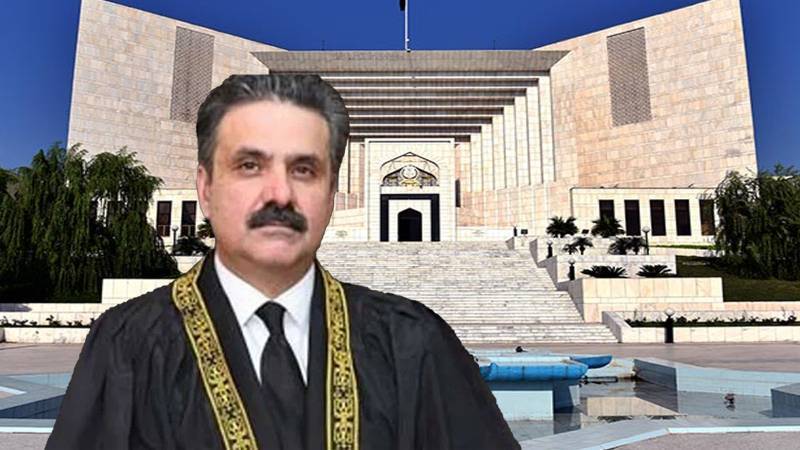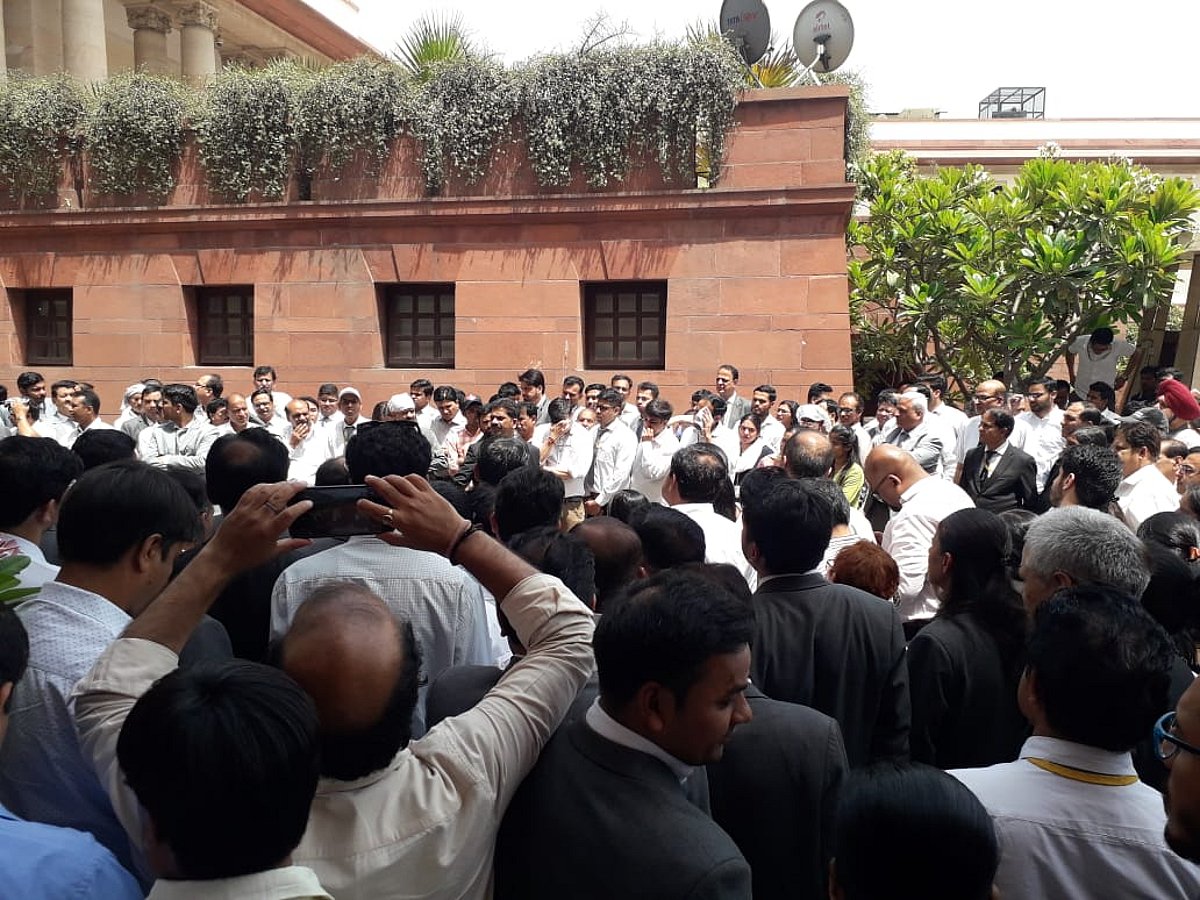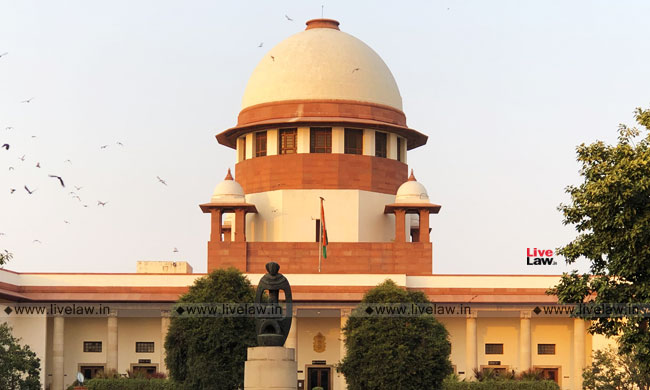Table of Contents
- Probation
- No Deemed Confirmation Of Service Merely Because Services Of ...
- Federal Court Finds Firing of Probationary Federal Employees Illegal ...
- CSA Probationary Officers Meet CJP Afridi During Study Tour Of Supreme ...
- Worker on probationary period entitled to reasonable notice: court ...
- Pained by corruption allegations in SC Registry, Supreme Court employees
- Ground News
- Supreme Court on Illegally Dismissed Probationary Employees - Custodio ...
- Probationary Employee Termination Letter - How to write a Probationary ...
- Trump administration invoking state secrets privilege over deportation ...


The Trump administration has been no stranger to controversy, and its handling of personnel matters has been a major point of contention. From the firing of FBI Director James Comey to the removal of several high-ranking officials from the Department of Homeland Security, the administration's actions have been closely scrutinized by lawmakers, the media, and the public at large. The Supreme Court's recent rulings have shed new light on the president's authority in these matters, and their implications are far-reaching.


Background on the Cases


Another case involved Andrew Saul, the former chairman of the Social Security Administration. Saul had been fired by President Biden, who argued that he had the authority to do so under a provision of the Social Security Act. The Supreme Court agreed, ruling that the president does have the power to remove the commissioner of Social Security.


Implications of the Rulings


On the other hand, the Court's rulings have also provided clarity on the limits of the president's authority. In the case of Leandra English, for example, the Court held that while the president does have the power to fire certain officials, there are still limits on that authority. The Court's decision emphasized the importance of respecting the provisions of statutes like the Dodd-Frank Act, which are designed to protect the independence of certain agencies and officials.
The Supreme Court's recent rulings on the Trump administration's firings have shed new light on the president's authority in personnel matters. While the decisions have given the executive branch greater latitude in some respects, they have also emphasized the importance of respecting the limits on that authority. As the nation continues to grapple with the complexities of governance and the balance of power within the federal government, the Supreme Court's rulings will likely have far-reaching implications for years to come. For more information on these cases and their implications, visit Deseret News.